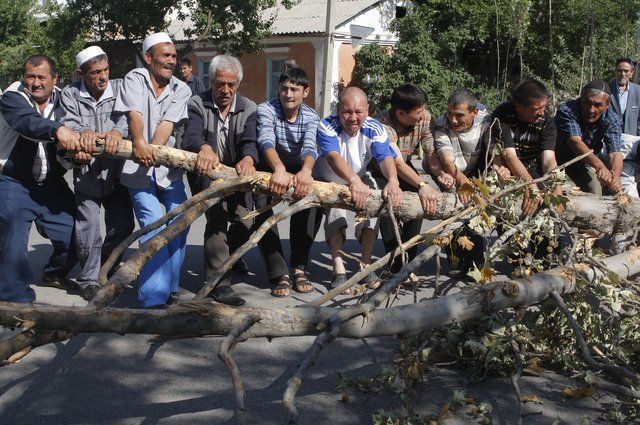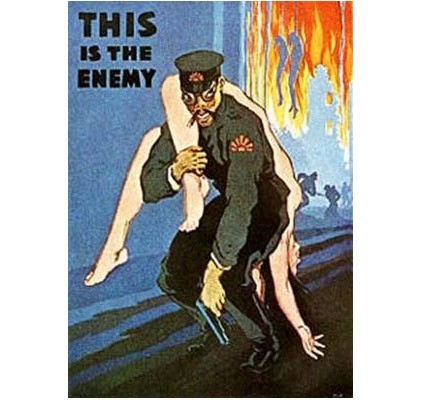“The Help”: Courageous, Color-Blind Strivers Overcome Racist Nitwits
“Looking after White babies, that’s what I do,” answers Abileen, the long-suffering Black heroine of The Help when asked by Skeeter, the courageous budding journalist from the right side of the tracks, how it feels to raise someone else’s children while leaving your own at home. And we’re off to another two hours treat from Hollywood on one of its two favorite themes, the suffering of Black folks. You know the other one.
Viola Davis, who plays Abileen, says in an interview that she had a chance to act in a movie ‘depicting a part of our history we have a tendency to be silent about.’ Say what? Did she say we have a tendency to be silent about the South and Blacks? Does she live in the United States? Am I deaf? Is she deaf?
White boys, move over, because when it comes to vicious racism, pettiness, cruelty, and all over mean-spiritedness, you ain’t got nothin’ on your women. And this is theme of The Help. When it comes to obsessing on the evils of racism in the South, no effort is ever spared in Hollywood and certainly not in this joint effort of Blacks, Jews and self-loathing liberals.
The Junior League set depicted in this movie about Black maids in Mississippi in the early 60s are uniformly despicable. They are shallow, vain, lazy, as well as largely dim-witted and completely petty. Their brittle little personalities are acted out with malicious delight. They play bridge and order the Blacks around. And that’s all they do.
Thank God we have Hollywood to teach us the evils of racial stereotyping. Read more







